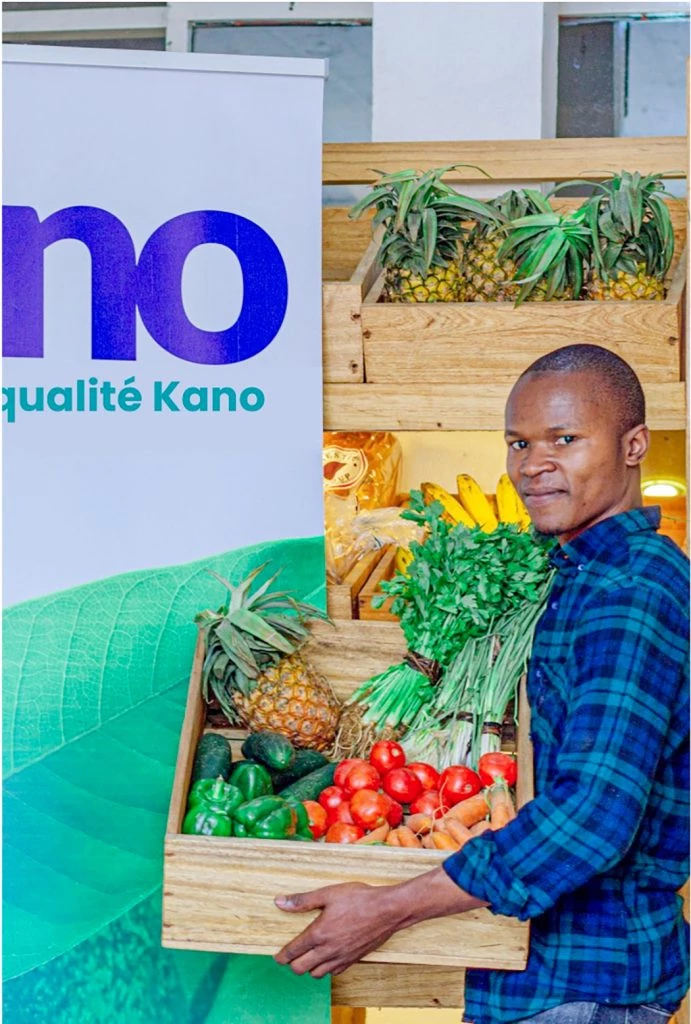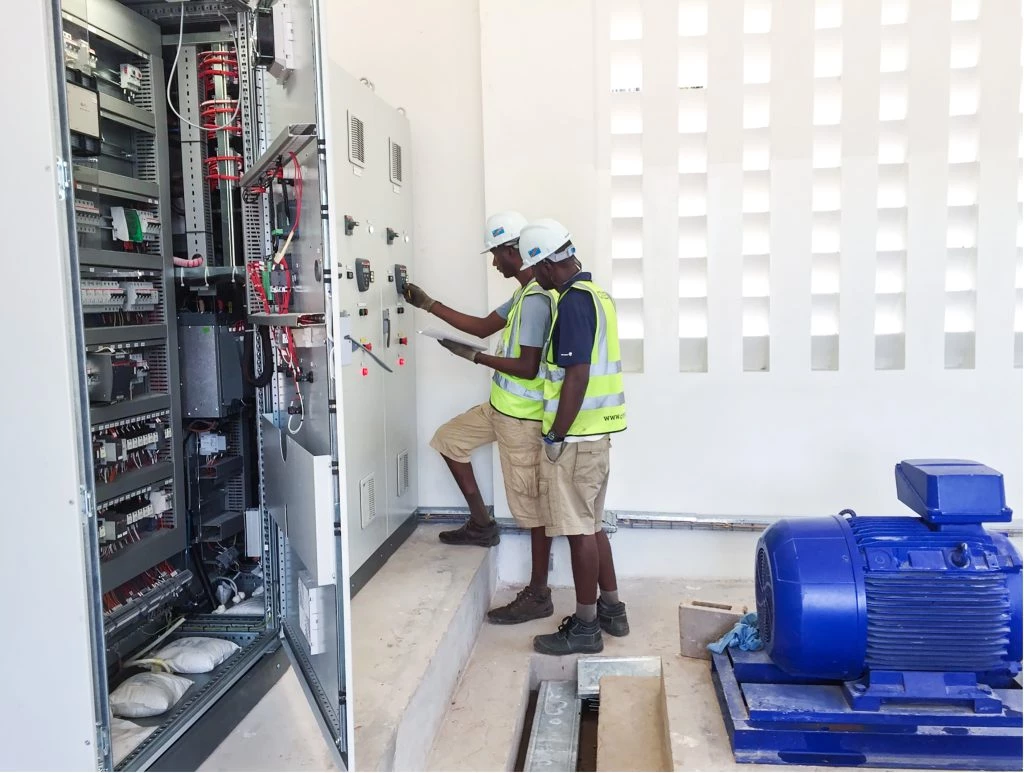The African continent is home to a diverse range of industries that have long been the backbone of its economic growth. However, like the rest of the world, Africa has faced unprecedented challenges in recent times due to the global economic climate. Nevertheless, the resilience and resourcefulness of African entrepreneurs and industries have led to significant adaptation and innovation.
Technology and Innovation
One of the most remarkable transformations occurring in Africa is the rapid growth of the technology sector. With increased access to mobile devices and the internet, African entrepreneurs and startups are leveraging technology to create innovative solutions for everyday challenges unique to Africa. Fintech, e-commerce, and Agritech are among the sectors that have witnessed significant growth. Startups are providing access to financial services, facilitating online transactions, and developing agricultural technologies to improve farming practices. These advancements have not only created jobs but also enhanced efficiency and fostered economic inclusivity. For instance, the recent impact report published by the Tony Elumelu Foundation (TEF) highlights that 78% of the beneficiaries of its entrepreneurship programme reported that the technological solutions available and accessible to their businesses were sufficient.

Agriculture and Agribusiness
Agriculture remains a vital sector for many African countries, and it has adapted to the economic climate by embracing modern techniques and value addition. Traditional farming practices are being complemented by new technologies, such as precision agriculture and remote sensing, to optimise productivity and reduce wastage. Additionally, agribusiness ventures, including food processing and packaging, have gained traction, adding value to raw agricultural produce. These efforts have boosted the agricultural sector’s resilience, created employment opportunities, and contributed to food security in the region. According to the TEF Impact Report, a staggering 38% of businesses run by its beneficiaries belong to the agriculture sector, making it the predominant industry. The second-highest sector, in stark contrast, stands at only 9%.
Energy Diversification
Africa is harnessing its abundant renewable energy resources to tackle power challenges and drive economic growth. Countries like Kenya, Morocco, and South Africa have made significant investments in solar, wind, and hydroelectric power. By diversifying their energy sources, African nations are reducing their dependence on fossil fuels, promoting sustainability, and creating opportunities in the renewable energy sector. Moreover, decentralised renewable energy solutions are enabling rural communities to access electricity, improving their quality of life, and fostering entrepreneurship.
Manufacturing and Industrialisation
African nations are recognising the need to reduce dependency on imports and stimulate local manufacturing industries. Governments are implementing policies and initiatives to attract investment in manufacturing and industrial sectors. By encouraging local production and value addition, African countries aim to create jobs, reduce trade deficits, and build a robust industrial base. Initiatives like the African Continental Free Trade Area (AfCFTA) provide further impetus for industrial growth, enabling countries to tap into regional markets and expand their manufacturing capabilities. So far, 47 countries have ratified their instruments of the AfCFTA agreement, seven countries have signed but are yet to ratify and only one country is yet to sign. The World Bank estimates that the institution of the AfCFTA will increase Africa’s income by $450 billion by 2035 and increase intra-African exports by more than 81 percent.

Tourism and Hospitality
While the tourism and hospitality sectors have faced significant challenges, one of which is the cost of travel as a result of inflation and fuel prices, African countries are adapting to the changing landscape. There has been a focus on domestic tourism promotion, highlighting the diverse cultural and natural attractions within the continent. Additionally, eco-tourism and sustainable tourism practices are gaining popularity, offering unique experiences that align with environmental and social sustainability goals. Governments and industry stakeholders are working together to develop tourism infrastructure, enhance visitor experiences, and attract investment in the sector.

The Role of Africapitalism
Africapitalism, the Heirs Holdings investment philosophy, is playing a pivotal role in uplifting African countries amidst the current economic climate. Africapitalism promotes the idea that the private sector can drive sustainable development across the continent, especially through collaboration with the public sector. By encouraging African entrepreneurs and businesses to prioritise social and environmental impact alongside profit, Africapitalism fosters homegrown solutions to local challenges. This approach empowers communities, creates jobs, and stimulates economic growth from within, reducing the continent’s dependence on foreign aid. Moreover, it attracts domestic and foreign investments, leading to increased infrastructure development and technological advancements. In these ways, Africapitalism not only helps African countries navigate the complex economic landscape but also paves the way for long-term prosperity and self-reliance.
—
In the face of global economic challenges, industries in Africa have displayed resilience, adaptability, and a drive for innovation. The rapid growth of the technology sector, the transformation of agriculture and agribusiness, the harnessing of renewable energy sources, the focus on local manufacturing, and the evolution of the tourism and hospitality sector all exemplify the continent’s determination to thrive amidst adversity.
Aiming for an ambitious journey of continent-wide economic integration, African economies have taken significant strides. This year, the Business20 (B20) launched a proactive effort: the B20 India Action Council on African Economic Integration. This initiative co-chaired by Tony O. Elumelu, Group Chairman of Heirs Holdings, has the goal to foster substantial backing for integration and economic development across Africa under an agenda designed to deliver meaningful advantages to every nation on the continent. The council developed a policy paper that outlined Human capital development; Agriculture and food systems; Structural transformation of the African economy; Trade facilitation; and Physical and digital connectivity, as priority areas that would unlock Africa’s potential on the journey towards integration.
With continued investment in these areas and supportive policies, African industries are well-positioned to drive sustainable economic growth, generate employment opportunities, and contribute to the continent’s overall development.






